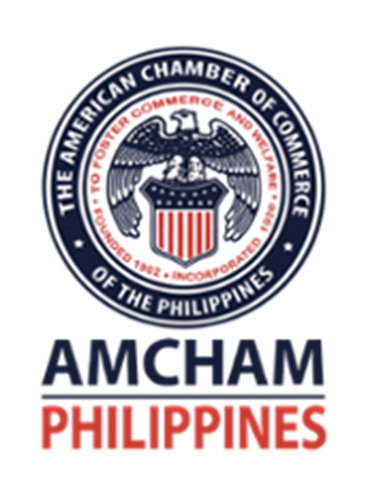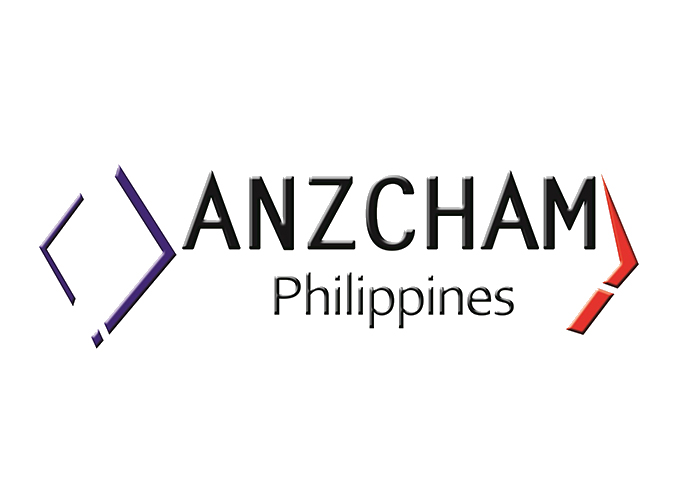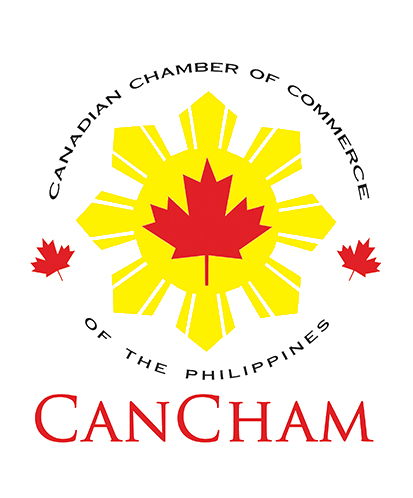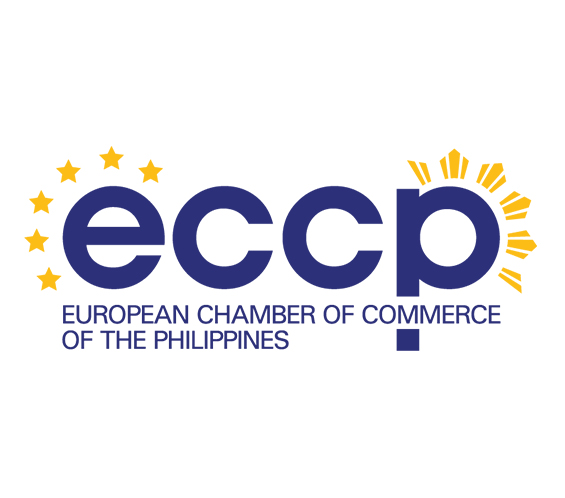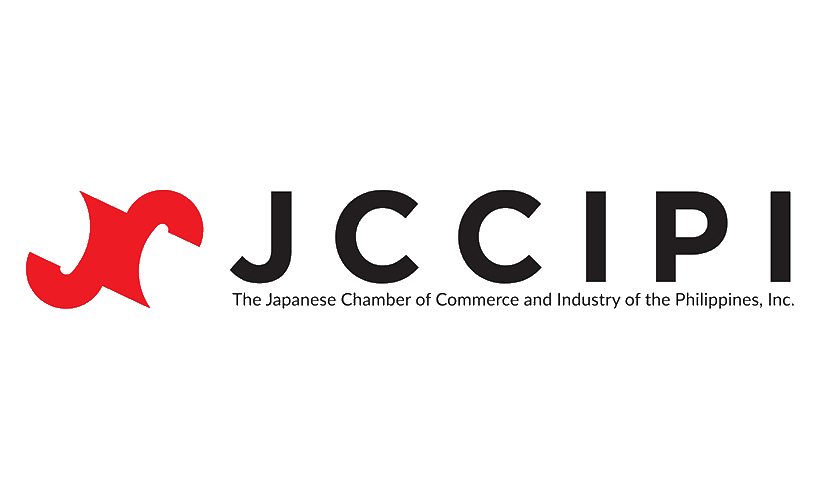High Internet cost in PHL blamed on outdated laws
February 26, 2016 at 17:47
High Internet cost in PHL blamed on outdated laws
by: Catherine Pillas | February 24, 2016
The country’s outdated telecommunications laws continue to hamper innovation and restrict the inflow of investments needed to improve the sector’s competitiveness and cut Internet cost, stakeholders said on Wednesday at the launching of a policy brief on the country’s broadband services by the Philippine Business Groups and Joint Foreign Chambers (PBG-JFC).
“If telecommunications and the Internet are such lucrative industries, how come there are not enough investors coming in?” asked Mary Grace Mirandilla-Santos, independent information and communications technology (ICT) policy researcher and national ICT research consultant at the Asian Development Bank, who authored the PBG-JFC broadband policy brief.
“The answer,” she said, “is because there are legal constraints, such as the foreign-ownership cap, which only allows 40-percent equity if you’re a foreign player who wants to come in.” The Commonwealth Act (CA) 146, or the Public Service Act of 1936, classified telecommunications as a public service offered by a public utility, thus, including the sector under the constitutional provision on 40-percent foreign-ownership cap. “There are actually a lot of foreign players operating here but they sell only bandwidth to clients, and they can’t sell these at a cheap price because of the requirement by law to partner with a local telco and enter into a commercial arrangement,” she explained.
According to the policy brief, telecommunications is a capital-intensive and innovation-driven sector. Because of the restrictions, foreign players cannot fully participate in the wholesale market segment—now occupied by Philippine Long Distance Telephone Co. and Globe—thus, limiting the number of players that can infuse capital and allow the transfer of technology.
The wholesale market is dominated by the two telcos because they have full control of the landing stations and the backhaul networks from which bandwidth capacity can be sourced from, according to the policy brief.
The two telecoms’ dictation of the wholesale price limits the number of downstream, small Internet service providers (ISPs) or retailers that can distribute Internet services in far-flung areas, like Mindanao, where the telecom giants have deemed not profitable to enter.
Smaller ISPS and end-users are ultimately saddled with high wholesale and retail costs.
According to Winthrop Yu, chairman of Internet Society of the Philippines, the wholesale price of business-grade bandwidth that is around 1 gigabits per second is much more affordable in other countries because of their competitive telecom environment:
In the US the price per megabits per second (Mbps) is at $.35 to $2; Hong Kong is at $1.50 to $6 per Mbps; Australia offers a rate of $6 to $9 per Mbps; Manila charges $18 to $45 per Mbps, while Cebu is at $25 to $40 per Mbps.
Another restrictive legislation, Yu said, is RA 7925, or the Public Telecommunications Policy Act, that requires congressional approval for a telecommunications franchise.
“Similar to how the Electric Power Industry Reform Act amended CA 146 to make power generation not to be considered as a public-utility operation, amendments can be made to exempt certain segments of the Internet infrastructure as a public service, particularly those that do not serve the public directly,” the policy paper recommends.
Perry Lim Pe, Management of the Philippines’s newly elected president, backed this specific recommendation, as he pushed for the creation of a Department of Information and Communications Technology.
The Broadband Policy Brief is the fourth of a series of policy briefs released by the Arangkada Philippines Project, a United States Agency for International Development-American Chamber of Commerce of the Philippines and JFC project meant to advance the 470 recommendations in Arangkada Philippines 2010.
The Arangkada Philippines 2010 is a document with recommendations meant to generate $75 billion in foreign investment, 10 million jobs and over P1 trillion in revenue for the Philippine economy within this decade.
Source: www.businessmirror.com.ph





















